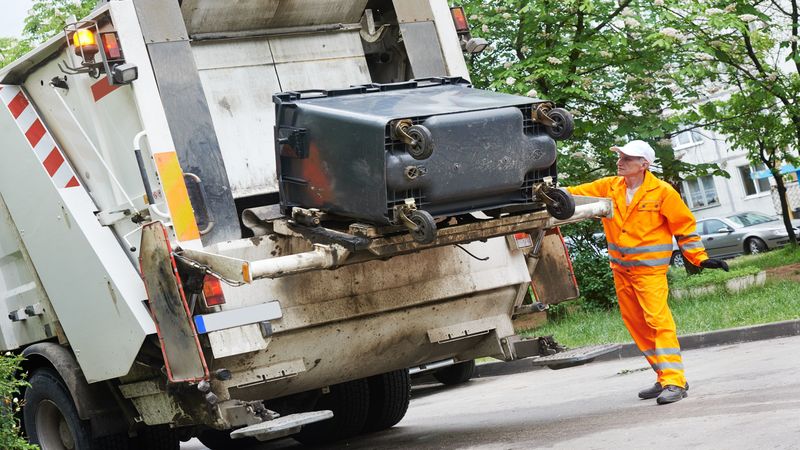Plastics are basic materials, on par with metals, glass, wood, and paper, and they are essential to the needs of virtually the entire spectrum of both businesses and individuals in America.
Plastics can be strong, lightweight, flexible, durable, and sheer and offer many advantages. With an ability to withstand corrosion from chemicals and other elements, they can last a long time, requiring fewer repairs and so less downtime. These days they can be made fully biodegradable, so what was once a product that was thrown in the trash has now become an environmentally friendly item.
High-precision, machined plastic parts often require polishing and these should be polished by expert plastic machining companies with many years’ experience in the industry.
Plastic Polishing
Acrylic, Plexiglas and other plastics such as Polycarbonite can be polished to achieve an improved cosmetic or surface finish. Improving the surface finish of a machined component by polishing requires the removal of additional material after the completion of the machining operations. However, plastic polishing requires time and adds costs to the manufacturing process so polishing may be more appropriate for applications such as lenses and light guides, but may not be required for industrial engineering components which do not require optical properties or are part of a larger assembly.
Polishing Options
There are several methods by which plastics can be polished but the two most popular which are used for research laboratory customers or those that build diagnostic instruments are flame polishing and vapor polishing, both of which produce the highest level of clarity in a machine component.
Flame polishing requires the surface of the plastic or acrylic to be heated so as to create flow of the material, which in this state will result in a clearer and smoother finish when done by a skilled operator.
Vapor polishing uses a chemical vapor over the surface of the plastic, so that the material will flow. It can enhance component features on the materials or polish small features such as apertures or threads and offers improvements to internal and external surface finishes.
As lifestyles change, plastics will become ever more valuable to tomorrow’s advanced new concepts in architecture, aerospace, communications, transportation and even to areas such as medicine and the arts.
PEP Connecticut Plastics has been in the plastics machining industry for more than 35 years. The company is an expert in its field and provides a variety of products and solutions for plastic machining. To learn more about their custom machining options for your company, visit Pepctplastics.com.








